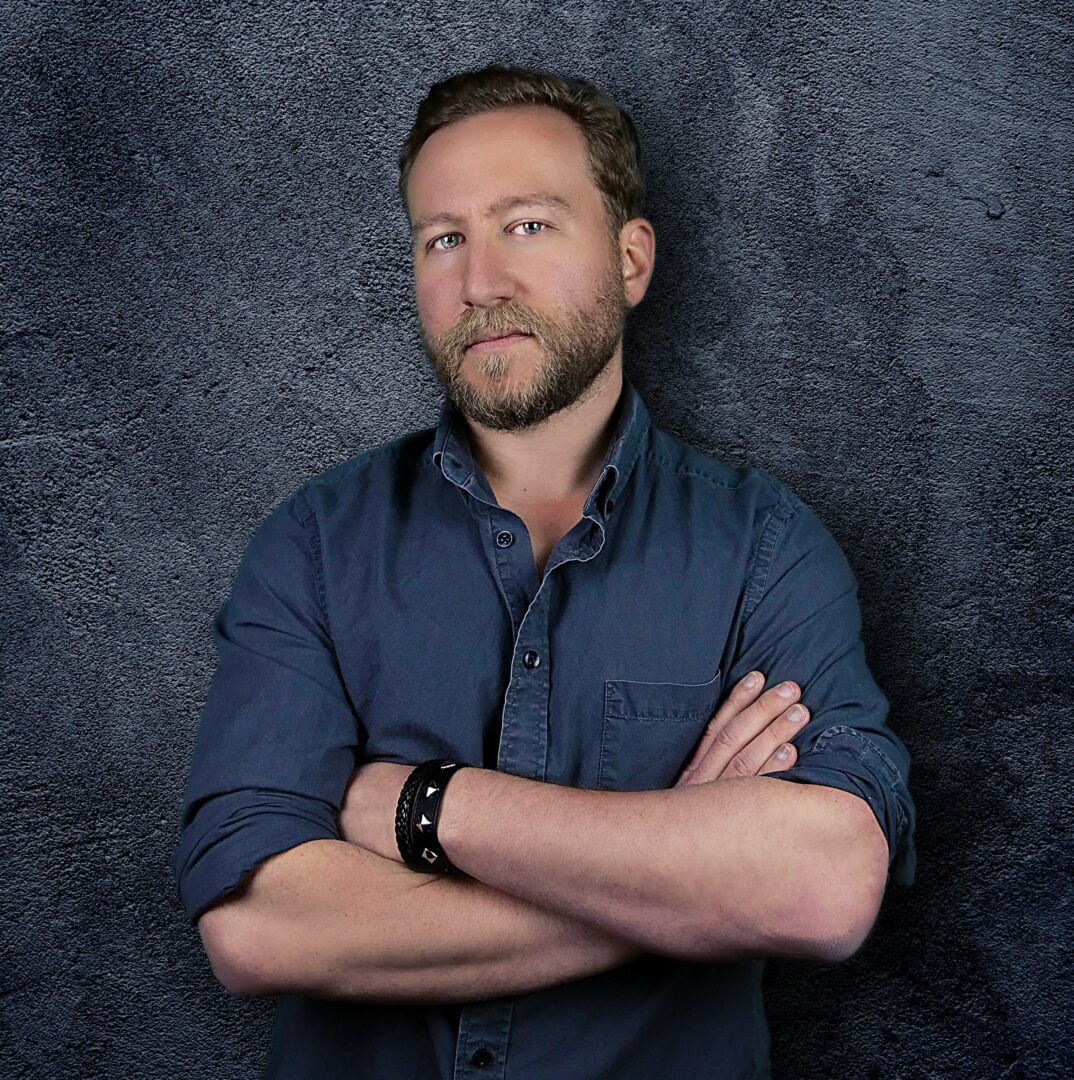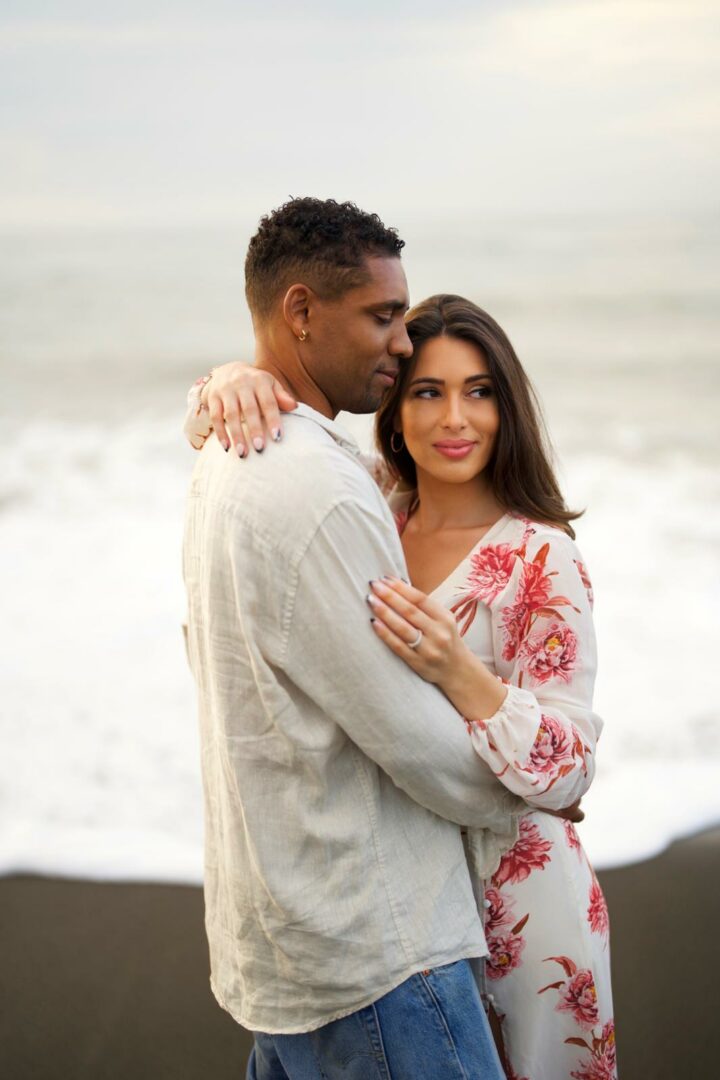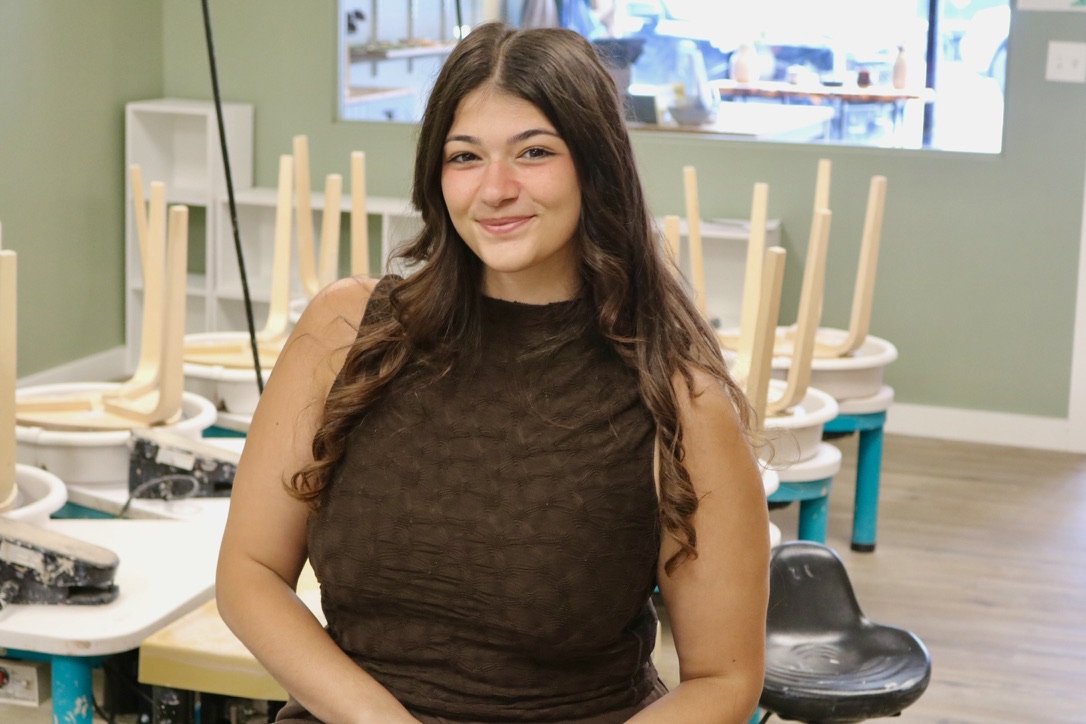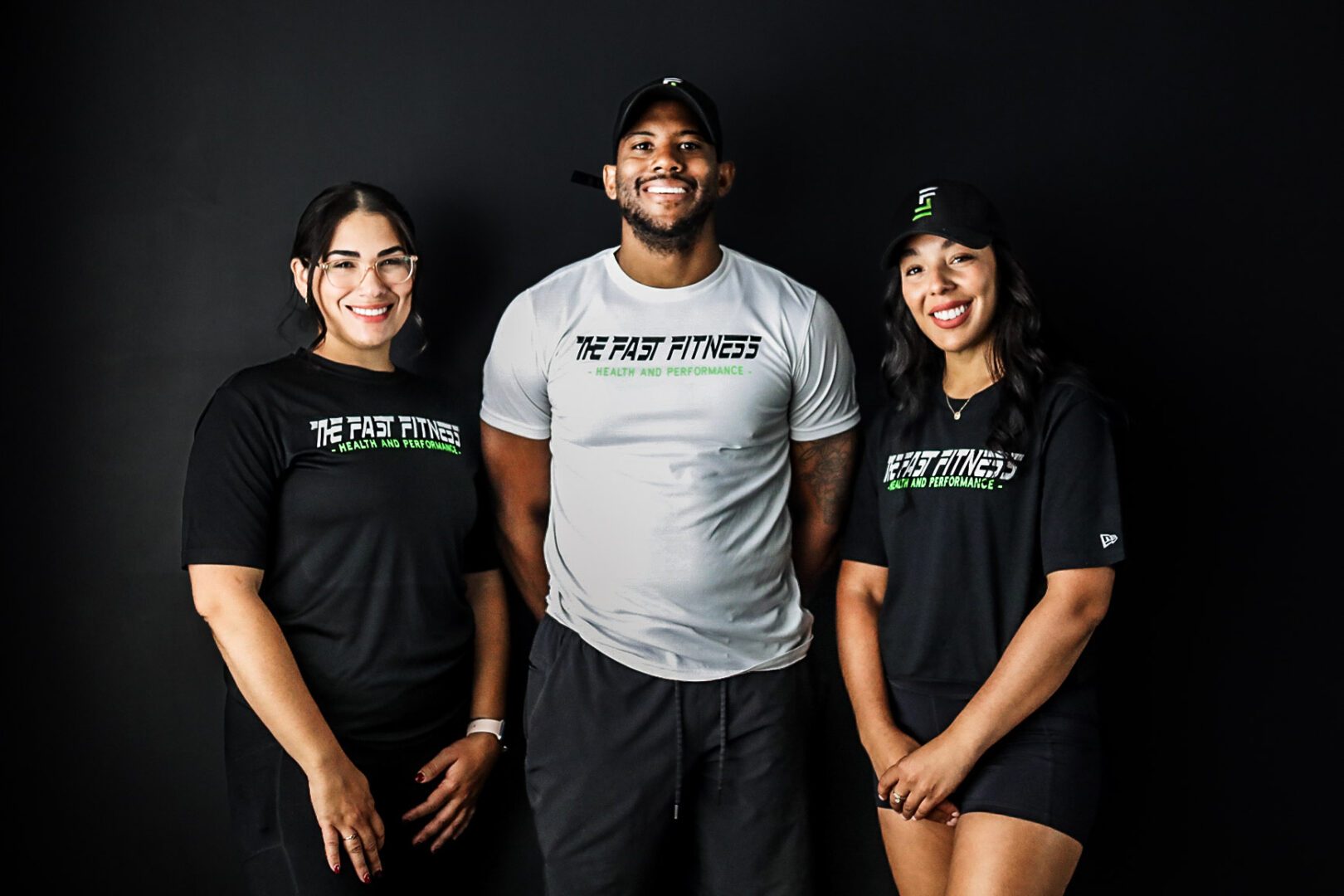Alright – so today we’ve got the honor of introducing you to Alex Schumacher. We think you’ll enjoy our conversation, we’ve shared it below.
Hi Alex, thank you so much for opening up with us about some important, but sometimes personal topics. One that really matters to us is overcoming Imposter Syndrome because we’ve seen how so many people are held back in life because of this and so we’d really appreciate hearing about how you overcame Imposter Syndrome.
The honest answer to this is that I don’t believe anyone truly overcomes imposter syndrome, for those who experience it. Sorry to be the bearer of bad news. Having said that, you’re not required to allow the affliction to dominate your engagement with your dreams and aspirations. Most often it’s a byproduct of certain environmental factors that condition us to believe we are undeserving of success or praise. Therapy can help to some degree. Medications can help to some degree. We never truly vanquish that terrible choir in the back of our minds warbling about how we are unqualified for our station or somehow tricked people into appreciating our work though. You keep that trash forever like the receipts at the bottom of your reusable bags.
Imposter syndrome falls under the category of emotional trauma and failing to recognize it as such would be a grave oversight. The road to recovery is expansive and not without its share of perils. Instead of fighting a losing battle to expel this plague from our brains once and for all, we learn to live alongside of it. In harmony with it. Our confidence will wane from time to time. Happens to even the most successful people. The goal is to get to a place where we can acknowledge and validate the impulse without falling under its spell and believing it. Feelings aren’t facts. Not when it comes to emotions anyway. I’m not trying to intimate that this is an easy process either, but in my opinion it’s the only coping mechanism that tames the beast.
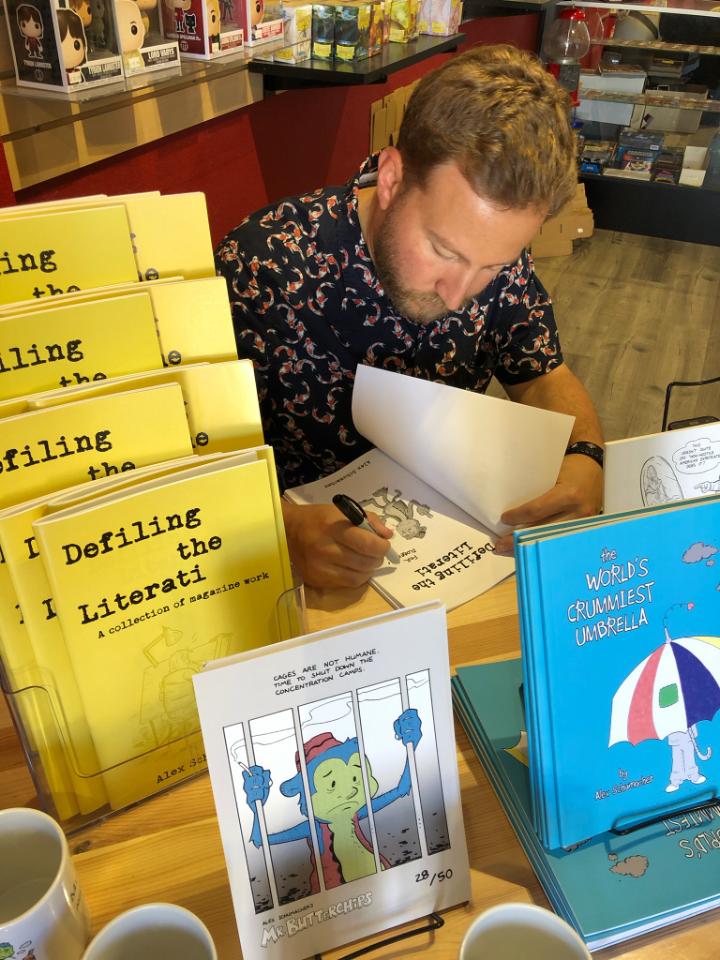
Great, so let’s take a few minutes and cover your story. What should folks know about you and what you do?
When asked what I do I am always reminded of and rely upon Berkeley Breathed’s quip about how we’re artists with a small “a.” We being cartoonists. There was a time where I tried to avoid labelling myself as such out of sheer pomposity, as though somehow people would take me less seriously if I referred to myself as a cartoonist. Which is in hindsight ridiculous and kind of ignorant, especially considering my earliest formative influences were all cartoons or cartoon-adjacent. Needless to say, I no longer consider it to be a dirty word and have even leaned into the beautiful exaggerations and sharp visual comedy specific to animation and newspaper comic strips. I suppose that’s my roundabout way of saying cartooning is mainly what I do at the moment. Brevity is not. It’s probably fair to say I’m also a writer since I’ve had a number of short stories published along with articles for comics industry outlets like Monkeys Fighting Robots and Comic Book Yeti. I’ve recently started painting lessons in earnest too, but I would not call myself a painter. Yet.
What does it mean exactly that I’m a cartoonist? That question isn’t meant to be condescending, but there are multiple answers to that question and they would all be correct. After all, there are political cartoons, editorial cartoons, gag cartoons, webcomics, you get the picture. Or you’ve already skipped ahead. Either way, one of the most compelling aspects of this art form (with a small “a”) is the vast array of disciplines each practitioner can employ to interpret the world around them. The best format for me ultimately became comics, though I took many, MANY detours dabbling in music, children’s literature, animation, et al., before arriving at that conclusion. At the risk of dipping into the platitudes, art is a journey and everyone’s path is a little different. Others are significantly different. It differs for innumerable reasons. Some creatives find their true north early in life. Some, like me, not so much. My webcomic Decades of (in)Experience launched shortly after turning 35 in October of 2015.
Since then I’ve produced another webcomic, Mr. Butterchips, which was later collected by indie comics luminaries SLG Publishing, designed promotional material for the rock band Toadies—a favorite of mine—and, most recently saw my first middle grade graphic novel released in March of this year titled The Effects of Pickled Herring. The latter revolves around twelve-year-old Micah Gadsky who, while preparing for his joint b’nai mitzvah with his sister, learns a heartbreaking truth about his grandmother’s wellbeing. Personalities collide, creating division and discord at a time when the family needs each other the most. Before Micah can become a man, he must brave the storms of grief, confront the complexities of growing up, and ultimately, learn to lean on love when life trips him up. I’m incredibly proud of this book as it is a love letter to both my Jewish culture and my dear grandparents who are no longer with us. The Effects of Pickled Herring was even featured in a School Library Journal article about graphic novels where grandparents play a significant role!
Make no mistake, this is an entertainment business. And the name of the game in entertainment is momentum. While promoting the book I’ve also been fortunate enough to be brought into the fold on a couple of anthology pieces that I’m tremendously excited about, as well as in the initial stages of developing a potential series adapting a friend’s memoir. Their book involves healing and I truly feel the story is sorely needed in our world today. I’ve also written a YA graphic novel that I hope to be shopping around with my agent soon. Even though I’ve been at least on the periphery of the comics industry for a decade or so, believe me when I say I’m honestly just getting started. Keep up with all of my artistic goings-on by visiting my website and/or subscribing to my (FREE!) newsletter.
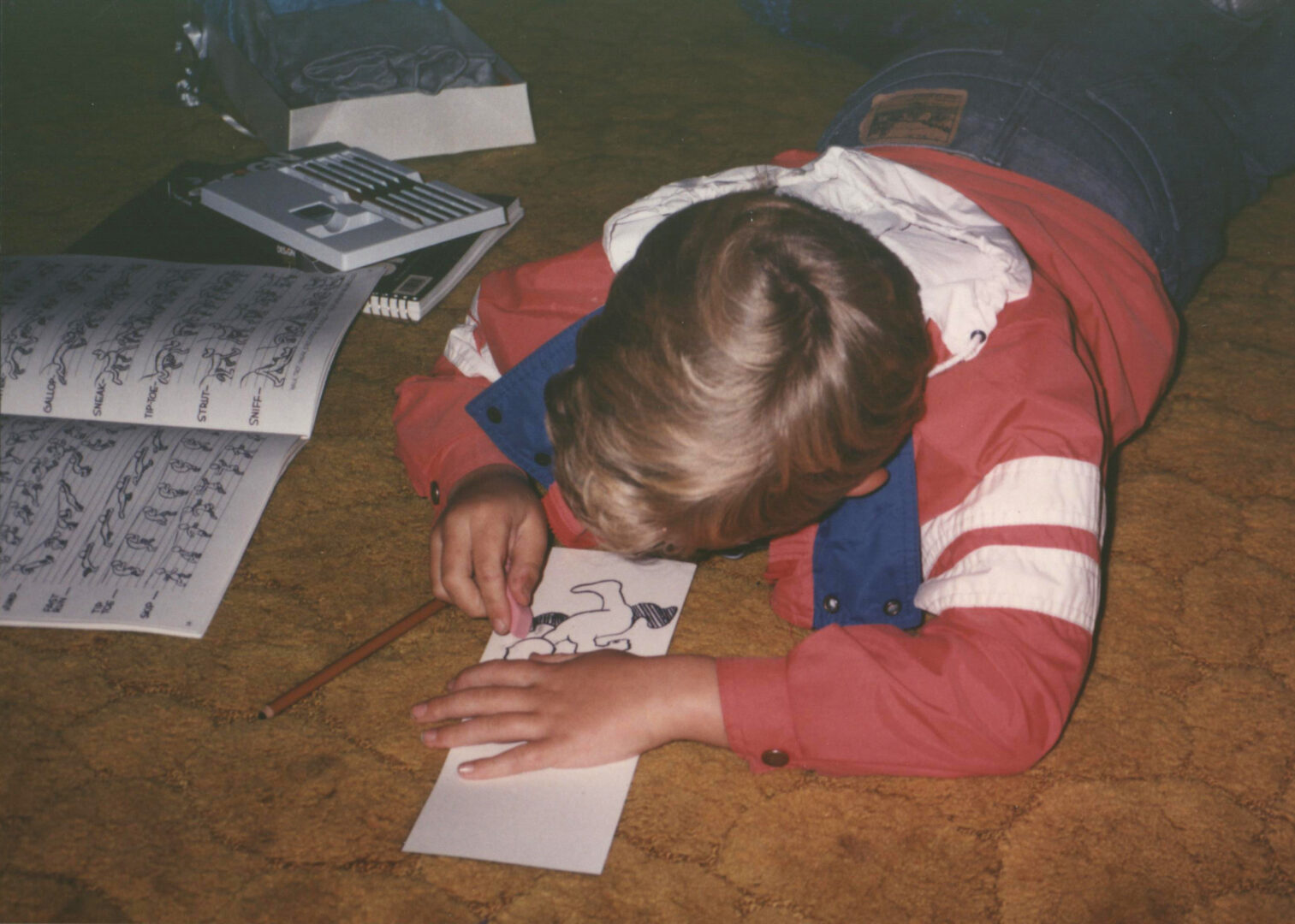
Looking back, what do you think were the three qualities, skills, or areas of knowledge that were most impactful in your journey? What advice do you have for folks who are early in their journey in terms of how they can best develop or improve on these?
The reality of pursuing a career in any creative capacity is that it may well take years, if not decades, to achieve perceived success. Perceived success being external recognition as that’s the only real measure we have for artistic vocations. Sometimes external recognition never comes at all. Realistically, there is some luck involved. That statement isn’t meant to diminish anyone’s talent. It’s been said that “luck is what happens when preparation meets opportunity,” and the preparation ingredient is an essential part of that cocktail. Talent and skill still matter of course, but they aren’t enough on their own to manifest opportunity. This is the part where I’m supposed to tell you that the most important assets in a freelancer’s toolkit are things like dogged determination or devoting your life solely to your craft, foregoing relationships and any other distractions, but I’m going to drop some knowledge that people might not expect learned over a lifetime of trials and tribulations. In no particular order, here are three things I’ve found to be among the most positively impactful:
Grace
Whether you’re just beginning your journey or you’ve been toiling away in what feels like obscurity forever, you deserve to give yourself grace. The definition of “professional” may include receiving compensation, but if you are out there making art then you are an artist. Full stop. It’s so easy to get bogged down in the minutiae and we forget to take the time to appreciate what we have in the present. All we can do as fallible mortals is make the attempt to improve just a smidge every day. However, if you find yourself at a standstill for some time that’s perfectly alright too and not worth berating yourself. Life happens. Go easy on yourself, friends.
Self-care
You’re never too young to be mindful of your emotional and physical wellbeing. People will claim if you’re not practicing your craft every single day then you’re not committed enough. If no one else has before, allow me to be the first to tell you that’s an extremely toxic mindset. As humans we need breaks to recharge, to revitalize, and most importantly to avoid burnout. Take time to stretch. Rest your eyes. Drink more water. Take your medication. These items may seem insignificant, but in the long run will improve your relationship with—and the quality of— your work immensely. We can’t be at our best for others if we’re not ensuring we are indeed at our best.
Humor
None of us get out of this life alive. We may as well have some fun while we’re here, right? Taking yourself too seriously will not benefit your outlook on life or approach to your craft. The process, methods, techniques, etc., of art should absolutely be treated with reverence, but no good can come from allowing our egos to invade that sacred space. Rejections sting. Seeing contemporaries succeed can elicit a twinge of jealousy. These are involuntary human reactions. I felt as though I was behind for many years until I discovered David Epstein’s “Range: Why Generalists Triumph in a Specialized World” and realized I was exactly where I was supposed to be. So are you. Let the noise from the naysayers fade, make the best art that you are capable of making today, have a laugh while you’re doing it. Everything else is icing.
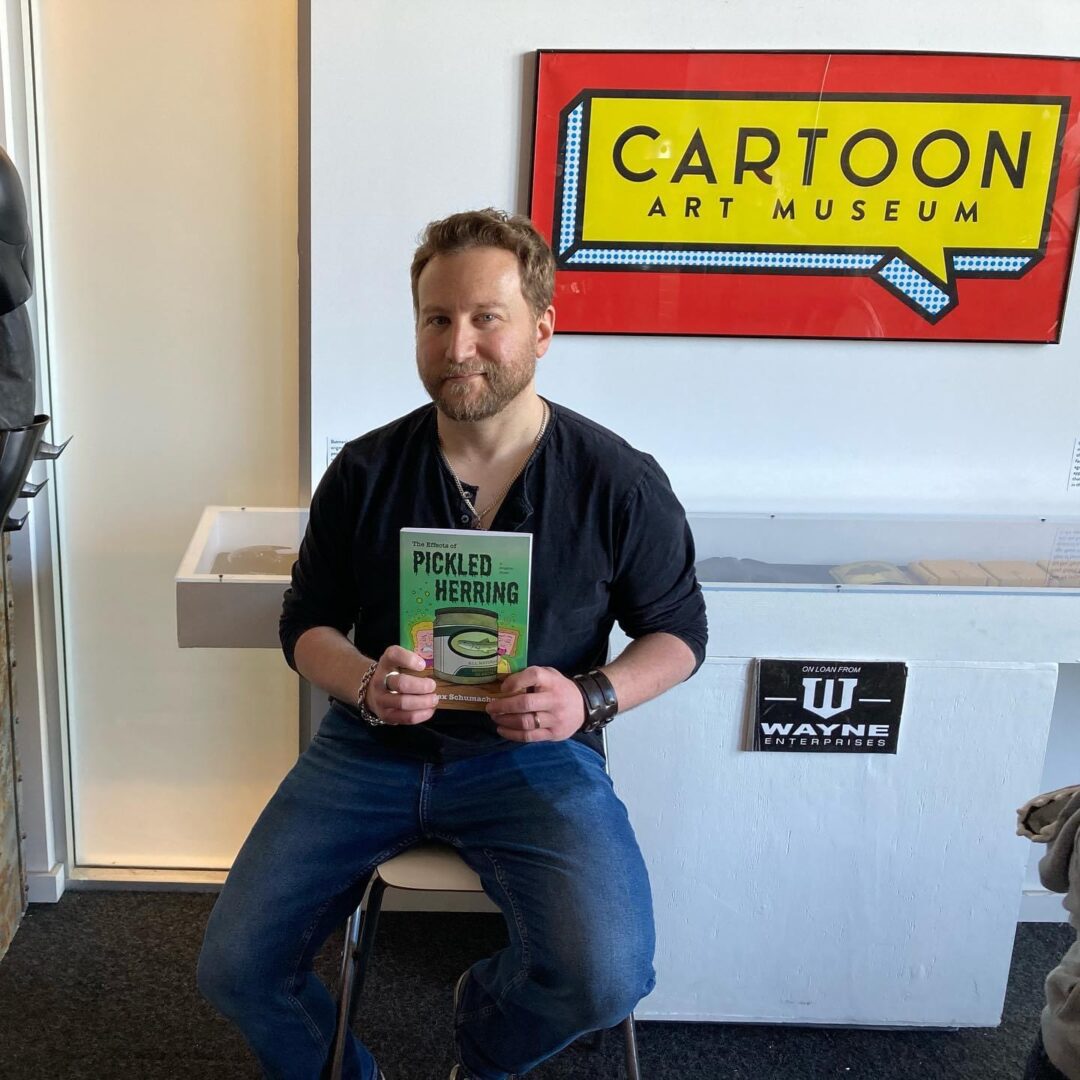
Looking back over the past 12 months or so, what do you think has been your biggest area of improvement or growth?
As touched upon earlier, I’ve made great strides towards once again delighting in the act of creation. For a little over a decade I was using illustration to prove something—namely proving my father wrong. He was a commercial artist and someone I admired for that reason. The goal was to emulate him in that regard and one day show the world I was worthy of their attention. Without turning this into a therapy session, he essentially obliterated any sense of confidence I may have had as a young artist. Sadly, this is nowhere near being an isolated incident amongst budding artists. Once I found my way back to art in my late twenties it was almost an undertaking based on rancor, though I clearly didn’t realize it at the time. I spent over ten years following the wrong motivation down a rabbit hole of rejection, anger and excessive drinking.
In 2019 I gave up the bottle for good and was suddenly faced with all of the demons I had been suppressing. This turned out to be one of the best decisions I’ve ever made. Only through quitting alcohol was I able to address some of the deep-seated issues that had festered for far too long and begin to shift my relationship with art. I’m happy to report that these days I’ve enjoyed drawing again with reckless abandon. There’s a joy in laying down lines which hasn’t been present since I was a child. To some degree I’m freeing that boy from the anger, the pain, and the self-loathing that kept him from loving himself or his art. Nowadays I’m doing my best to love both because of their imperfections, not in spite of them. I don’t share any of this to fish for sympathy, but because I believe it’s important for people to be open about the cracks in their foundations. We all have them and if sharing can potentially make someone feel less alone or breed empathy then I’m all for it. To that end, I’m making a concerted effort to walk the walk. Some days I run and some days it’s difficult to put one foot in front of the other, but I finally believe I’m traveling in the right direction.
Contact Info:
- Website: https://alexschumacherart.com/
- Instagram: https://www.instagram.com/ajschumacherart/
- Facebook: https://www.facebook.com/alex.schumacher.23
- Twitter: https://x.com/AJSchumacherart
- Youtube: https://www.youtube.com/@alexschumacherart5093
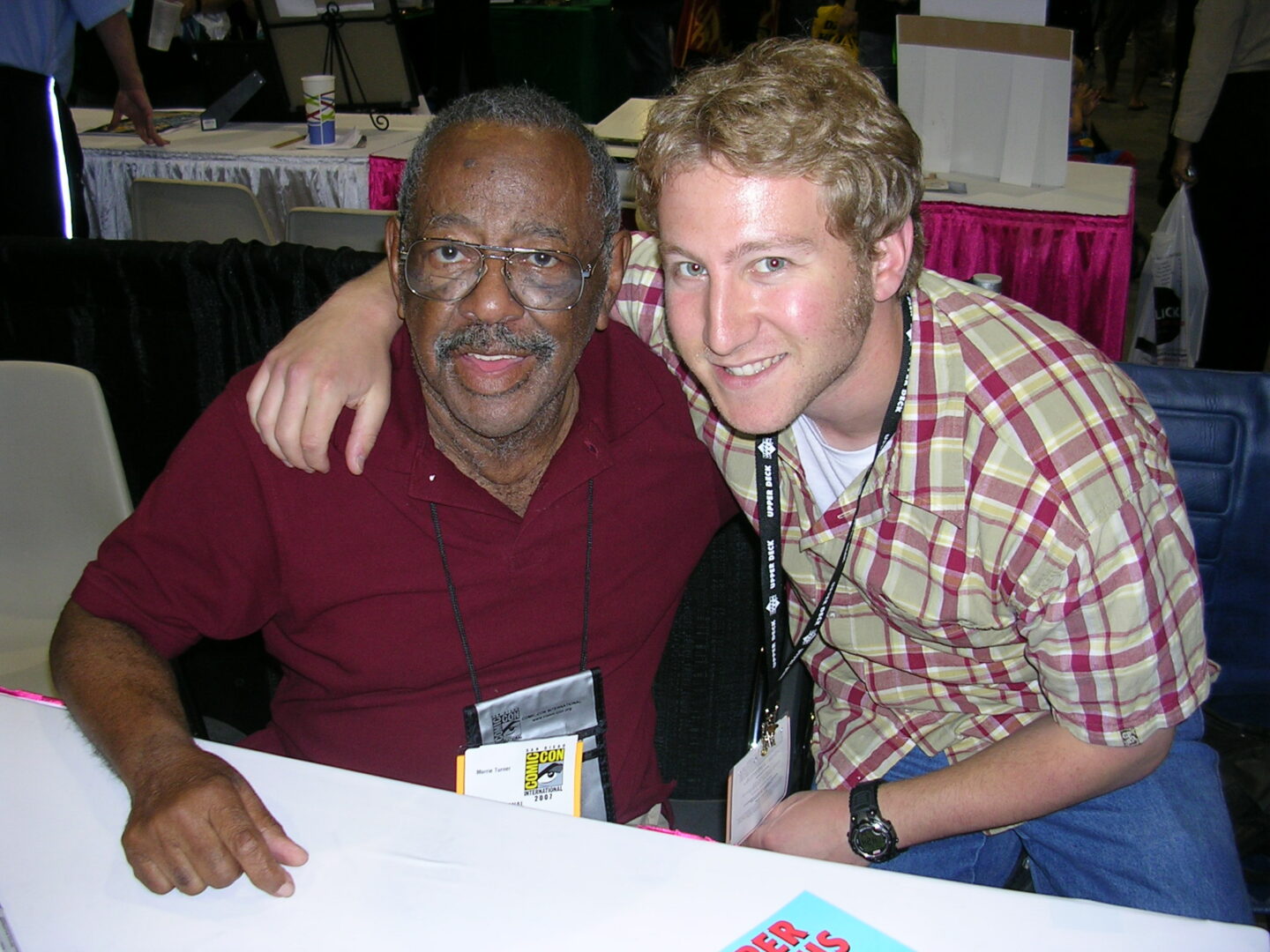
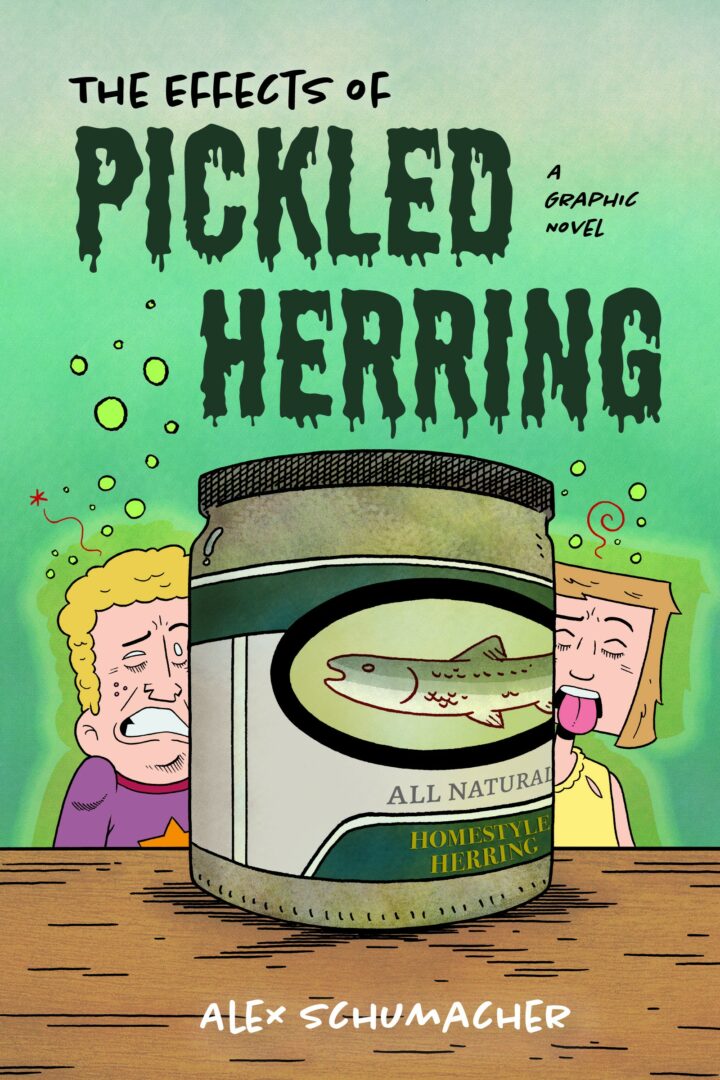
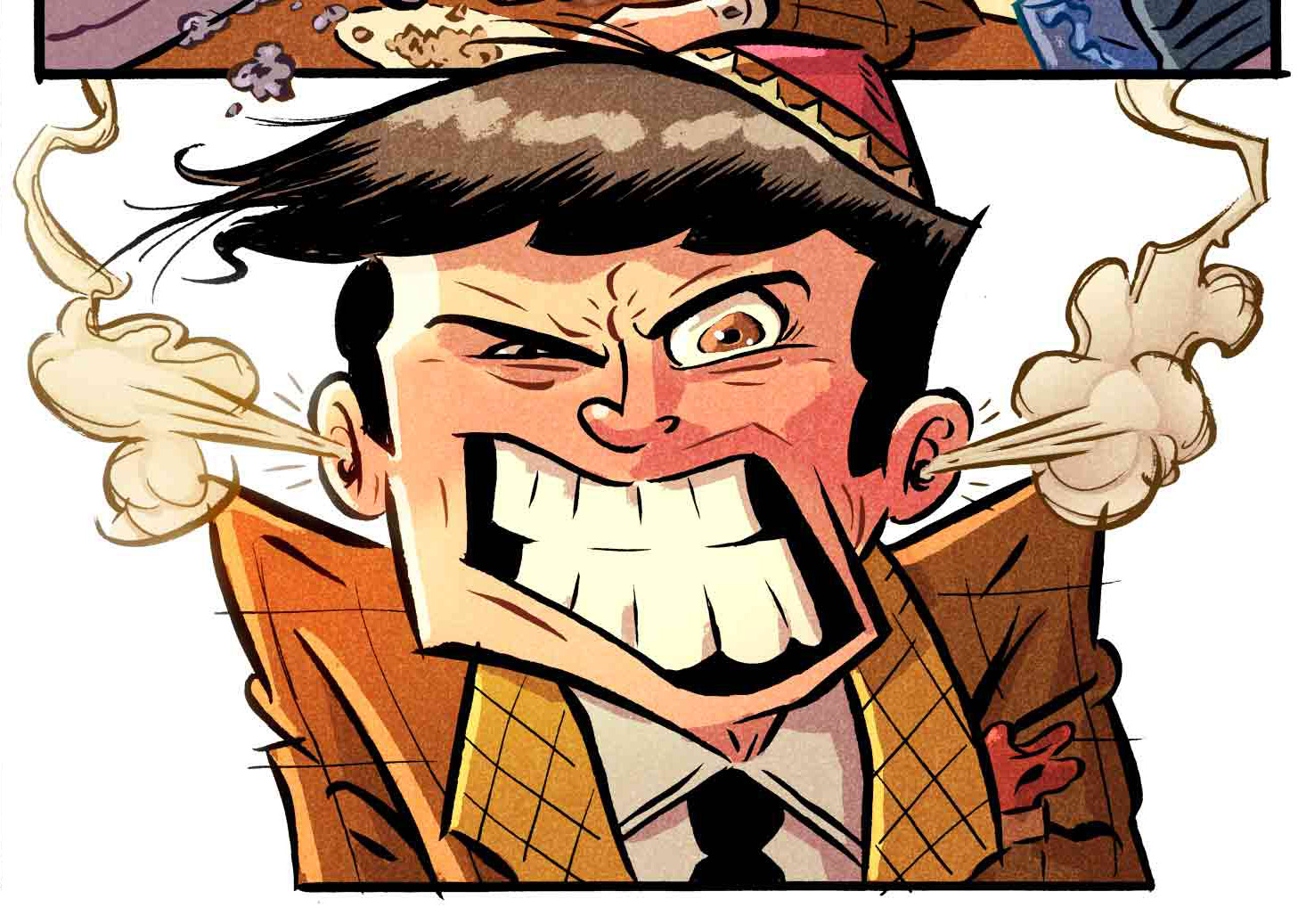
so if you or someone you know deserves recognition please let us know here.

